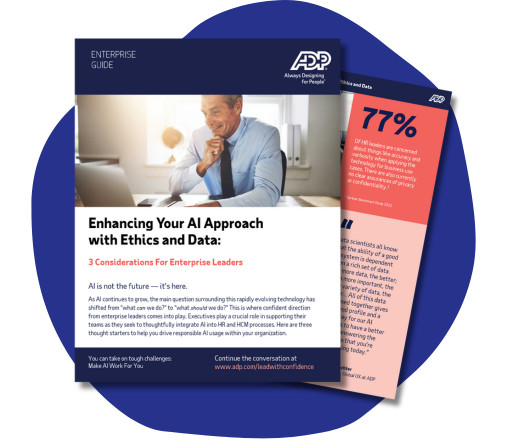Not sure about what the AI transformation means for HR tech? We asked an expert
HR Brew
JULY 30, 2024
As AI-powered technology continues to change the ways of work, and with more HR tech vendors than Baskin-Robbins flavors, the advancement of transformative technology in the workplace can pose a challenge for HR teams looking to maximize return, enhance the employee experience, and have the right tech stack to meet business needs.























































Let's personalize your content